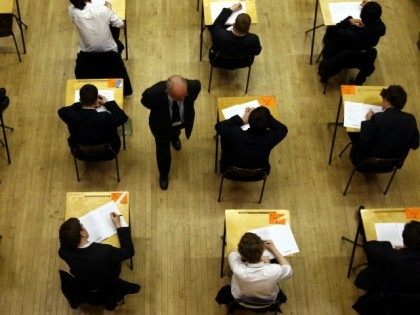The Nation’s Report Card for U.S. Students Shows Continued Learning Losses Since Pandemic
The results showed that one-third of eighth grade students scored below “basic” in reading — the worst level of scoring in the history of the test.
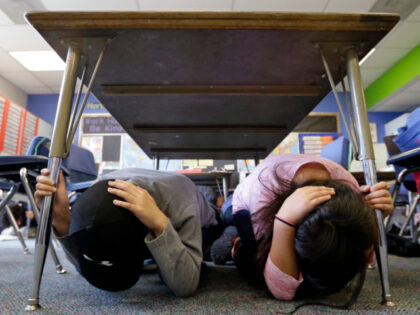
The results showed that one-third of eighth grade students scored below “basic” in reading — the worst level of scoring in the history of the test.

American eighth graders’ test scores in history and civics have hit lows not seen in nearly two decades, according to the first Nation’s Report Card released after the coronavirus pandemic.

The National Center for Education Statistics (NCES) announced Tuesday the U.S. math and reading assessments known as the “Nation’s Report Card” will be postponed until 2022 due largely to the reliance on remote learning during the coronavirus pandemic.

A report from Fairfax County Public Schools found the percentage of F’s earned by middle and high school students has jumped 83 percent since remote learning began.
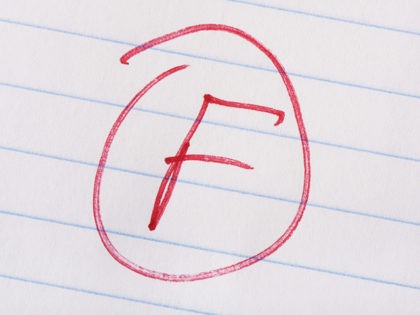
Results of the pre-pandemic Nation’s Report Card found disadvantaged students declined further in both reading and math.

Two Wall Street Journal reporters write that the national experiment in remote learning, courtesy of the coronavirus pandemic, has failed.
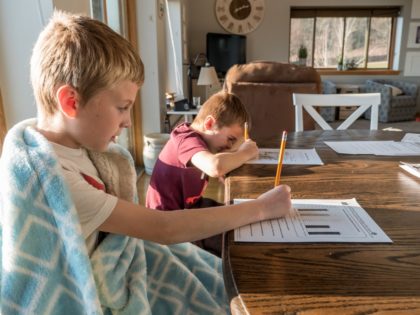
A study reveals a historic drop in U.S. student reading and math scores since the adoption of the Common Core standards more than a decade ago.
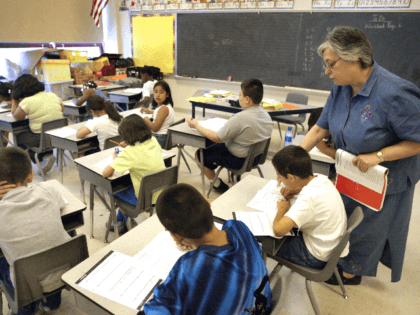
U.S. eighth graders’ scores in U.S. history and geography plummeted on the Nation’s Report Card assessment, with no improvement in civics.

Teachers’ unions and other stakeholders in government-run K-12 schools are seeking billions of dollars in funding in coronavirus relief.

A Washington Post op-ed says children learning at home with “iPads and parents” during the coronavirus crisis will suffer “damaging” effects.

Results of an international assessment found American teens showed no improvement in reading, math, and science compared to the 2015 results.
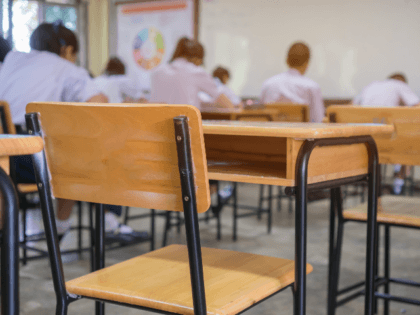
Former Massachusetts Gov. Deval Patrick promoted Common Core in 2010, leading to his state’s fall as a model in education for the nation.

Results of the National Assessment of Educational Progress (NAEP), also known as the Nation’s Report Card, shows U.S. school children have made “no progress” in reading or mathematics over the past ten years.

Education secretary Betsy DeVos announced Friday she has appointed former North Carolina Gov. Beverly Perdue to serve as chair of the National Assessment Governing Board.

Only 37 percent of U.S. 12th graders were prepared for college-level coursework in mathematics and reading in 2016, but many public school districts have become fixated on the latest progressive trend of “social and emotional learning.”

U.S. high school students are earning more A’s in the classroom, but declining in scores on the SAT achievement test, a clear sign of grade inflation, say experts.

Results of the 2015 Trends in International Math and Science Study (TIMSS) and the Program in International Student Assessment (PISA) find American students are showing at best mediocre performance in math, science, and reading.
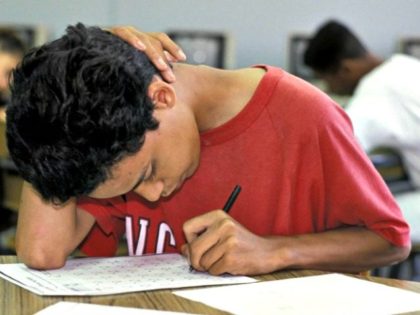
U.S. Secretary of Education John B. King Jr. explains that the just-released dismal National Assessment of Educational Progress (NAEP) test results need to be viewed in light of the seven years of “significant changes” in America’s classrooms due to the Common Core standards.
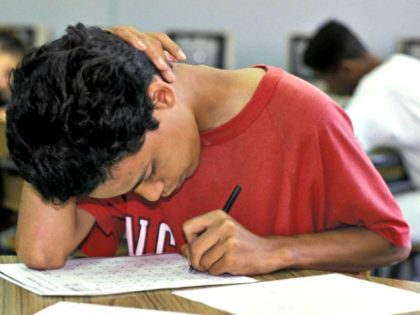
About 37 percent of U.S. 12th-graders are prepared for college-level coursework in mathematics and in reading, according to the 2015 results of the National Assessment of Educational Progress (NAEP). That’s down from the 2013 assessments.
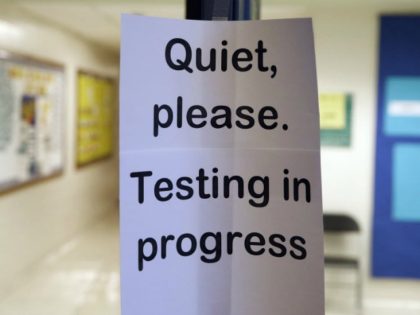
A third grade math problem went viral after someone posted it on Reddit, sparking another debate about controversial Common Core standards. The test asked for 5×3. The student correctly answered 15 and wrote out 5 + 5 + 5 =
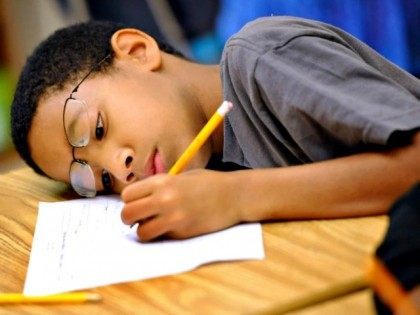
The results of the National Assessment of Educational Progress (NAEP) assessments–known as the Nation’s Report Card–show that only a third of the nation’s eighth graders are at or above the proficiency level in math and only 34 percent are at or above the same level in reading.
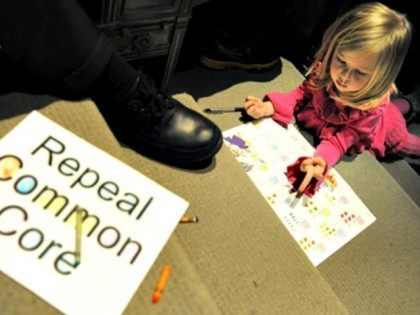
Results of national tests administered to approximately 600,000 students across the country demonstrate that – for the first time since the early 1990s – math scores of fourth and eighth graders have dropped. Eighth grade reading scores declined as well, and those for fourth graders remained flat.
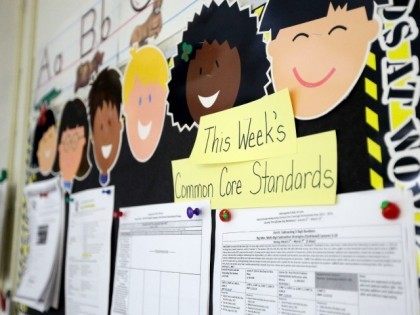
A new report sent to Congress reveals that three quarters of American eighth graders tested below the proficiency level in geography last year.
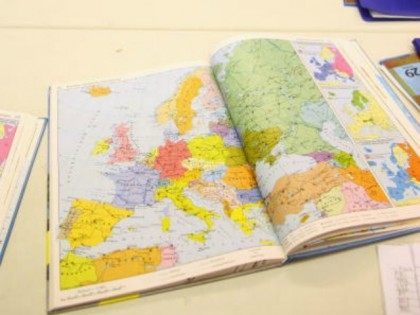
Results of the “Nation’s Report Card” released this week by the National Assessment of Educational Progress (NAEP) show that only 18 percent of 8th-graders are “proficient” or above in U.S. history, and only 23 percent are proficient in civics.
